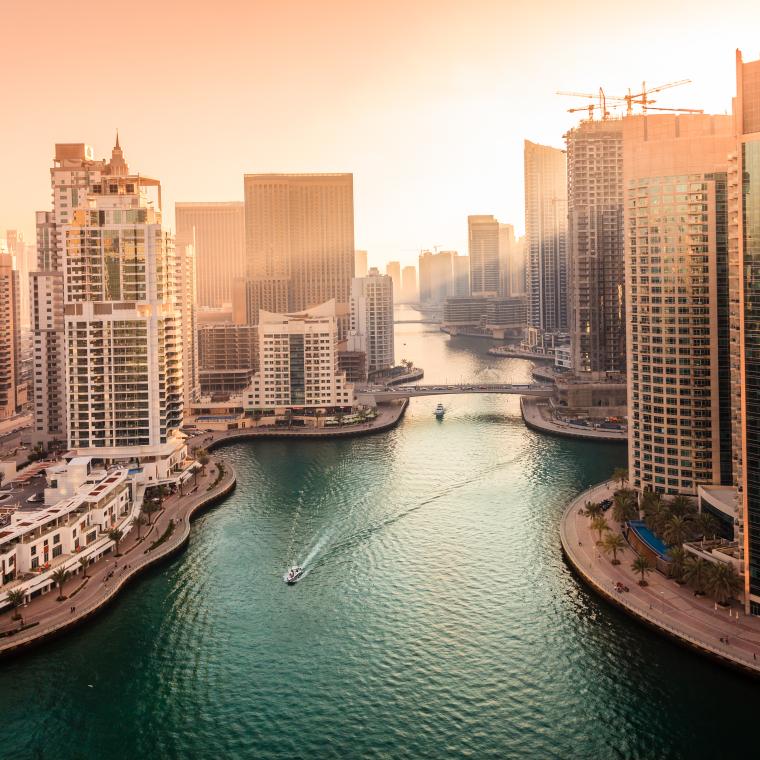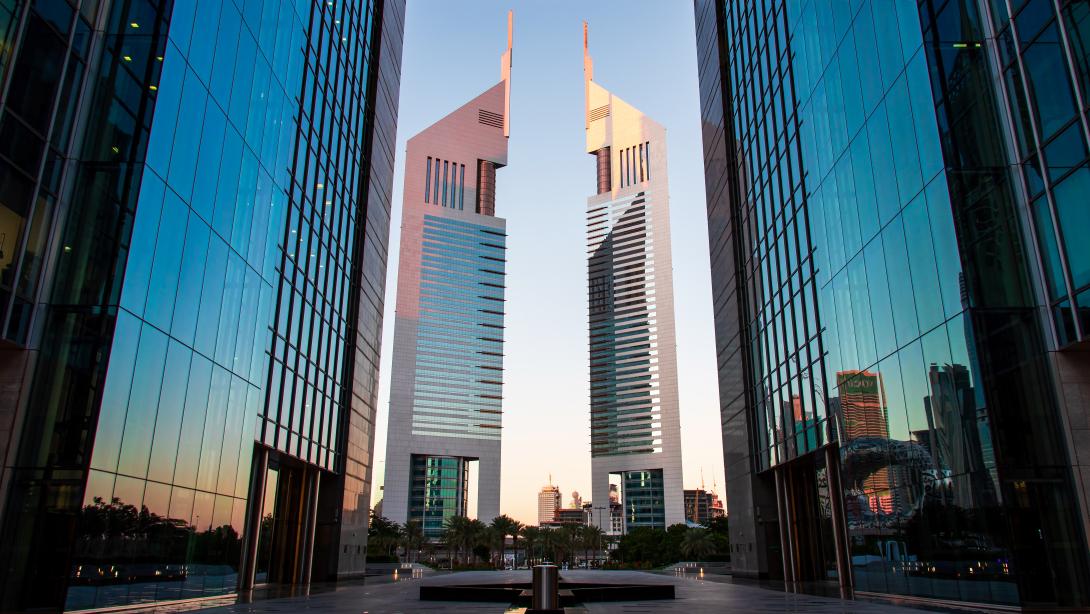
In March 2018 the Dubai International Financial Centre (DIFC) introduced the Foundations Law DIFC Law No. 3 of 2018, for the establishment of foundations in the DIFC.
The law provides more flexibility in relation to succession planning and wealth structuring for families in the Gulf Cooperation Council (GCC). The foundations regime enables the preservation of family legacy and ensures the smooth transition of successful businesses from the founding generation to the next.
What is a foundation?
A foundation is an independent legal entity. Its concept is derived from civil law jurisdictions, as opposed to a trust which is a common law concept. In a foundation, the founder bestows assets to the foundation and the latter, being a separate legal entity, will hold those in its own name and separately from the founder's personal wealth.
The foundation has no members or shareholders but is self-owned. The foundation council manages the assets in accordance with the foundation's charter and by-laws in support of a cause or a purpose, or for the benefit of beneficiaries.
Why use a foundation?
The most common uses for a foundation are:
- As a vehicle for family wealth/succession planning;
- For philanthropic purposes and charitable causes;
- For holding structures for underlying businesses and investments; and
- For asset protection against forced heirship rules, hostile takeovers, etc.
Family-run businesses typically have one family member driving the enterprise from the helm, with a number of other family members also holding important positions and having a say in the running of the business. In order to take these family enterprises to the next level in terms of growth, it is often necessary to switch from single family member leadership to a more structured, professionalised leadership.
One simple way for the family to hand over management but retain control of their business is through the use of a foundation. Transferring ownership of their business to a foundation and appointing professional managers limits the key people risk brought about by sudden incapacitating illness or death of critical family members. While handing over the executive powers to professional leaders, the family can retain control over the ownership though a properly constituted foundation.
What are DIFC foundations?
One of the major aims of the DIFC Foundations Law is to provide an effective framework to establish sound family governance structures. This offers an attractive platform for local and international families and family offices to structure their business and succession planning arrangements in the jurisdiction.
The foundations regime took inspiration from best-in-class jurisdictions like Liechtenstein, Jersey, Guernsey and the Netherlands, and adapted it for UAE-originated needs.
For example, the Dubai Land Department and the DIFC have entered into a MoU allowing certain DIFC companies including DIFC foundations to invest in and own Dubai real estate (outside the DIFC but within the Dubai Emirate). In practice, what this means is that, should the founder of a foundation cede property to the foundation, the latter becomes its rightful owner and that property is no longer subject to the probate laws and regulations that the rest of the founder's estate will be subjected to. However, in doing so the founder can still keep control of the assets - or exercise influence on such - through the foundation's council.
Salient features of a DIFC foundation
- No interference of foreign laws and/or heirship rights conferred by foreign laws.
- No recognition/enforcement of foreign judgements.
- No statutory duration limits.
- Possibility for beneficiaries of transferring payment rights.
- Possibility to migrate foundation in and out of DIFC.
- Possibility to morph company into foundation.
- Possibility for a foreign foundation to apply for DIFC license.
- Access to private arbitration in case of disputes.
- Annual audited accounts can be filed with the Registered Agent.
- Mistakes and inadequate deliberations in relation to the disposition of the foundation's property may be corrected by the DIFC court.
The new DIFC Foundations Law exemplifies the ambitious and visionary nature of the DIFC and by extension, the emirate of Dubai. The modern law complements the availability of qualified people and excellent infrastructure to make Dubai a place worthy of serious consideration by advisors who, when looking for a well-regulated jurisdiction to set up foundations for clients where quality and value-for-money service are required, need not look further than Dubai.
About the DIFC
DIFC is a free zone established in 2004 and is the major global financial hub for the Middle East, Africa and South Asia. DIFC has its own independent, internationally recognised regulator and judicial system, common law framework, global financial exchange, tax-friendly regime, and a large, cosmopolitan business community. The legal system of DIFC and courts follow a Common Law framework, referring to English law in case of ambiguity.
Ocorian Foundation Services
Ocorian offer a full foundation establishment and administration service tailored to clients' specific needs and objectives in the UAE and other global financial centres. Contact us for more information.
